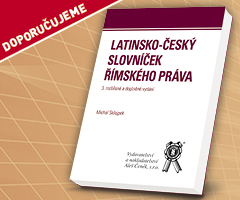Zařazeno v kategoriích: ZAHRANIČNÍ LITERATURA
Theorising Labour Law in a Changing World : Towards Inclusive Labour Law
Alysia Blackham, Assistant Professor Miriam Kullmann, Dr Ania Zbyszewska
Formát
156 x 234 x 16mm
ISBN
978-1509946808
EAN
9781509946808
This collection brings together perspectives from industrial relations, political economy, political theory, labour history, sociology, gender studies and regulatory theory to build a more inclusive theory of labour law. That is, a theory of labour law that is more inclusive of non-traditional workers (including those in atypical work, or from non-traditional backgrounds); more inclusive of a variety of collective approaches to work regulation that foster solidarity between workers; and more inclusive of interdisciplinary and complex explanations of labour law and its regulatory spaces. The individual chapters speak to this theme of inclusivity in different ways and offer different suggestions for how it might be achieved. They break down the barriers between legal research and other fields, to promote fruitful and integrative conversations across disciplines. In the spirit of inclusivity and intergenerational dialogue, the book blends contributions from early career and emerging scholars with those from leading scholars in the field, featuring critical commentary from senior labour law figures alongside theoretically and empirically informed work.
Ostatní s tímto titulem kupují:
-
Položka byla přidána do košíku.
























